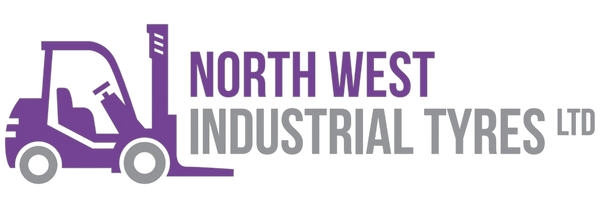Forklift Tyre Safety And Advice
Tyres provide grip for movement, traction for braking and an element of suspension for safety and comfort. The correct tyres in good condition are an essential aid to safety and efficient operations. Incorrect tyres for the application or tyres in poor condition or excessively worn, are a potentially dangerous and expensive hazard. When damaged, in poor condition or in the case of pneumatic tyres, under or over inflated, they may adversely affect the stability of the truck.
Checking of all tyres is therefore an important element of a daily or pre-shift check. Tyre condition will also be monitored as part of routine preventive maintenance. Action should be taken to replace damaged or worn tyres without delay.
It is important to check and maintain tyres and wheels as part of operator daily checks
• Inspect all tyres daily for damage.
• Change tyres as recommended by the manufacturer.
• Always replace tyres with the equivalent type (the same size, type, ply and performance specification).
• Check pressures on pneumatic tyres weekly or more often if there is evidence of deflation. They should be maintained at the manufacturer’s recommended pressure. Failure to do this can result in instability and reduced tyre life.
• If safety critical defects are identified, such as displaced locking rings and flanges, damaged flanges or rims, the wheel/tyre must be withdrawn from use.
• Do not attempt to repair or modify a wheel or its components because this can affect the strength and integrity of the assembly.
Tyre Wear
Pneumatic tyres should have a minimum of 1.6mm of the original or re-grooved tread pattern over the centre 75% of the tread around the entire circumference. Solid rubber resilient tyres may be used until they are worn to the wear indicator, also known as the 60J line, or safety line as indicated on a tyre sidewall. (See illustration below). Press-on band, moulded direct and conical base tyres may be used until 2/3rds of the original thickness remains. They should be changed if there is any sign of damage, deformation or the tyre coming away from the wheel. Not all tyres have a tread. Some tyres that do have tread can be re-grooved but this should only be done professionally, in accordance with the tyre manufacturer’s instructions and never below the 60J line. Tyre wear can be difficult to assess. If in doubt advice should be sought from your forklift tyre specialist
Give Northwest Industrial Tyres a Call For Free Expert Advice- 0161 241 2377


